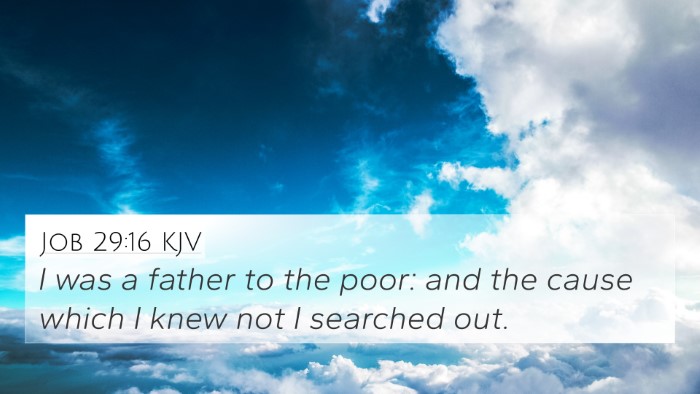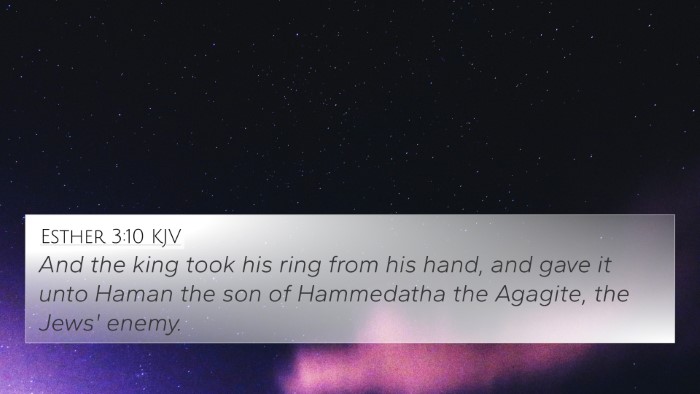Understanding Proverbs 18:13
Bible Verse: Proverbs 18:13 - "He who gives an answer before he hears, it is folly and shame to him."
Meaning and Interpretation
This verse cautions against the dangers of speaking without understanding. The proverb highlights the importance of listening and fully grasping a situation before responding. In the context of biblical wisdom literature, it reflects a broader theme of the value of knowledge and understanding.
Insights from Public Domain Commentaries
-
Matthew Henry:
Henry emphasizes that giving an answer before hearing is not only unwise but shameful. He suggests that it reflects a lack of humility and patience. To engage thoughtfully is part of a wise character, and one should take time to listen before reacting.
-
Albert Barnes:
Barnes points out that this proverb is a reminder of the foolishness that comes from premature judgments. He notes that a hasty response often leads to misunderstandings and miscommunications. It's essential to listen, weigh information carefully, and then respond appropriately.
-
Adam Clarke:
Clarke expands on the theme of communication, asserting that effective listening is fundamental to meaningful dialogue. He highlights the danger of presumptive conclusions and encourages taking the time to understand the other party's views before making a statement.
Cross-References with Other Bible Verses
This verse can be connected to several other scriptures that share similar themes about speech, wisdom, and understanding:
- James 1:19: "Let every person be quick to hear, slow to speak, slow to anger."
- Proverbs 15:28: "The heart of the righteous ponders how to answer, but the mouth of the wicked pours out evil things."
- Proverbs 29:20: "Do you see a man who is hasty in his words? There is more hope for a fool than for him."
- Ecclesiastes 5:2: "Be not rash with your mouth, nor let your heart be hasty to utter a word before God."
- Proverbs 12:15: "The way of a fool is right in his own eyes, but a wise man listens to advice."
- Proverbs 10:19: "When words are many, transgression is not lacking, but whoever restrains his lips is prudent."
- Proverbs 16:23: "The heart of the wise makes his speech judicious and adds persuasiveness to his lips."
Thematic Connections and Cross-Referencing
Proverbs 18:13 serves as a cornerstone for understanding the theme of effective communication in the Bible. By linking this verse with others, we can see a larger narrative about the importance of wisdom in speech.
The insights gained from these verses build a comprehensive understanding of how the Bible addresses issues related to communication. This interplay paves the way for deeper relational dynamics built on trust, wisdom, and understanding.
Tools for Bible Cross-Referencing
To delve further into these scriptures and discover more connections, various tools can aid in cross-referencing, including:
- Bible concordance
- Bible cross-reference guides
- Cross-reference Bible study tools
- Comprehensive Bible cross-reference materials
How to Use Bible Cross-References
Understanding how to use cross-references effectively can enrich your study of scripture:
- Identify connections between Old and New Testament verses by looking for similar themes.
- Engage in a detailed cross-reference between the Gospels to illuminate the teachings of Christ.
- Draw parallels between the Prophets and Apostolic teachings to understand the continuity of God's message.
Conclusion
Proverbs 18:13 challenges believers to prioritize listening over speaking. By understanding this verse and cross-referencing it with related scriptures, individuals can enhance their biblical literacy and apply its wisdom in daily life. The insights from public domain commentaries add depth, illustrating the timeless nature of this teaching and its relevance in a modern context.












